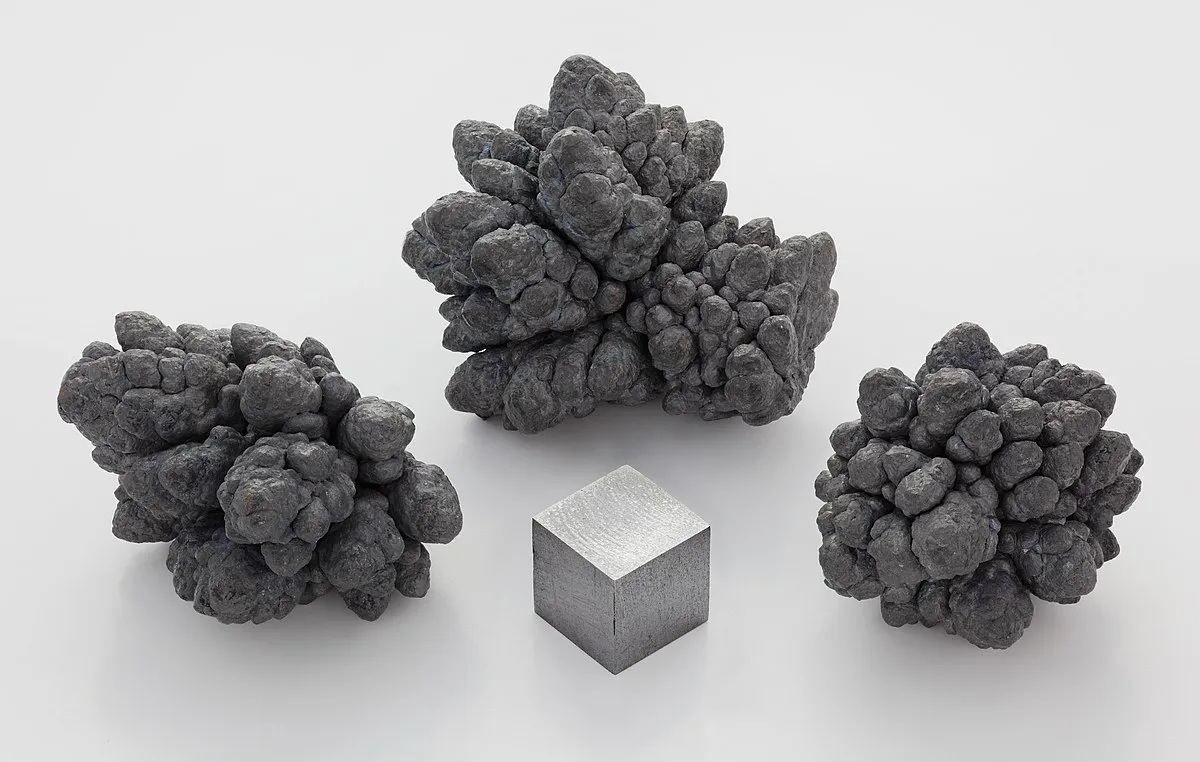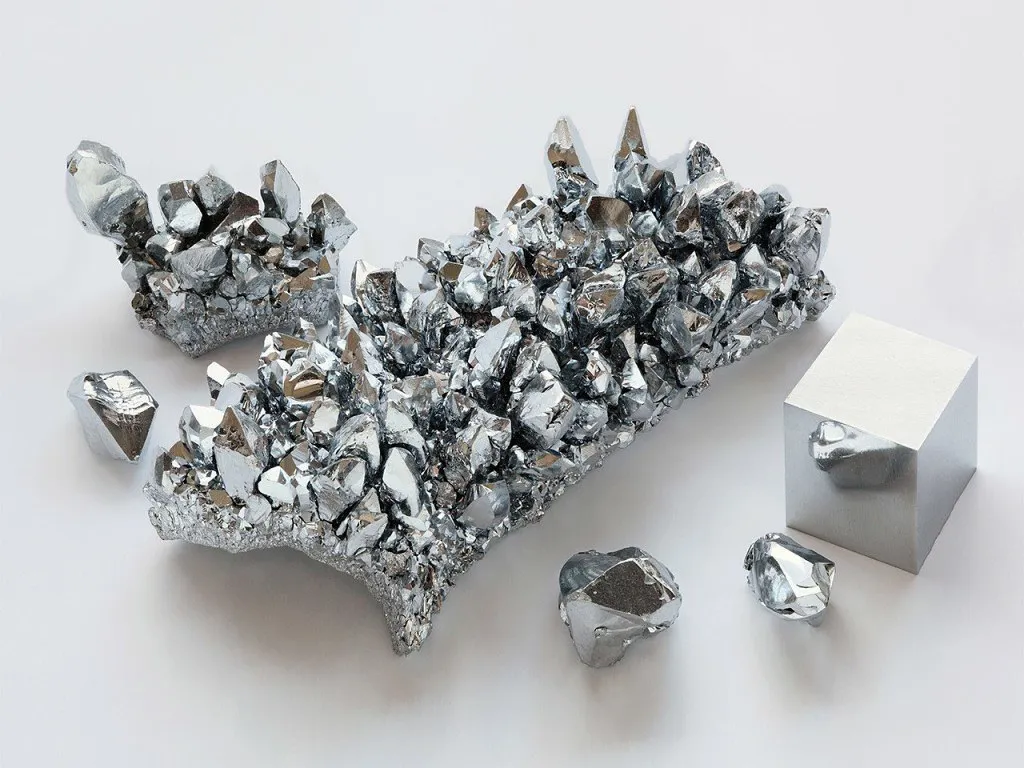
Lead
A Metal with a Rich History and Diverse Applications


History
Lead has a long and storied history, dating back thousands of years. It has been used by ancient civilizations for various purposes, including plumbing, coinage, and even as a component in cosmetics. The Romans, in particular, extensively mined and utilized lead, employing it in aqueducts, piping, and as a key ingredient in their renowned plumbing systems. Over the centuries, lead's versatility and abundance have made it indispensable in numerous industries, despite growing concerns about its toxicity.
Future Potential
The future of lead is influenced by ongoing efforts to mitigate its environmental and health impacts while recognizing its continued importance in certain industrial applications. While the use of lead in products such as paints, gasoline, and batteries has declined due to health and environmental concerns, lead remains essential in sectors like construction, automotive manufacturing, and electronics. The challenge lies in finding sustainable ways to utilize lead while minimizing its adverse effects on human health and the environment.
Benefits
Lead offers several unique properties that contribute to its wide range of applications:
Malleability
Lead is highly malleable and easily shaped, making it ideal for casting into intricate designs or forming into sheets for various purposes, such as roofing and radiation shielding.
Low Melting Point
Lead has a relatively low melting point compared to other metals, making it suitable for applications where low-temperature processing is required, such as soldering and certain manufacturing processes.
Corrosion Resistance
Lead exhibits excellent corrosion resistance, particularly in acidic environments, making it a preferred material for lining tanks, pipes, and containers that store corrosive substances.
Damping Properties
Lead's density and malleability give it excellent damping properties, making it valuable in applications where vibration and noise reduction are desired, such as in automotive components and building materials.
Role in the Recycling Industry
Lead plays a significant role in the recycling industry, both as a recycled material itself and as a component in recycling processes. Lead-acid batteries, in particular, represent a major source of recycled lead, with the majority of lead used in battery production coming from recycled sources. Lead recycling helps conserve natural resources, reduces energy consumption, and minimizes environmental pollution associated with lead mining and smelting.
At Fizmet International, we recognize the importance of lead recycling and are committed to promoting sustainable practices within the industry. By facilitating the efficient recycling of lead scrap and connecting suppliers with buyers worldwide, we contribute to the conservation of resources and the reduction of environmental impact. Join us in our mission to harness the potential of lead and build a more sustainable future for generations to come.
